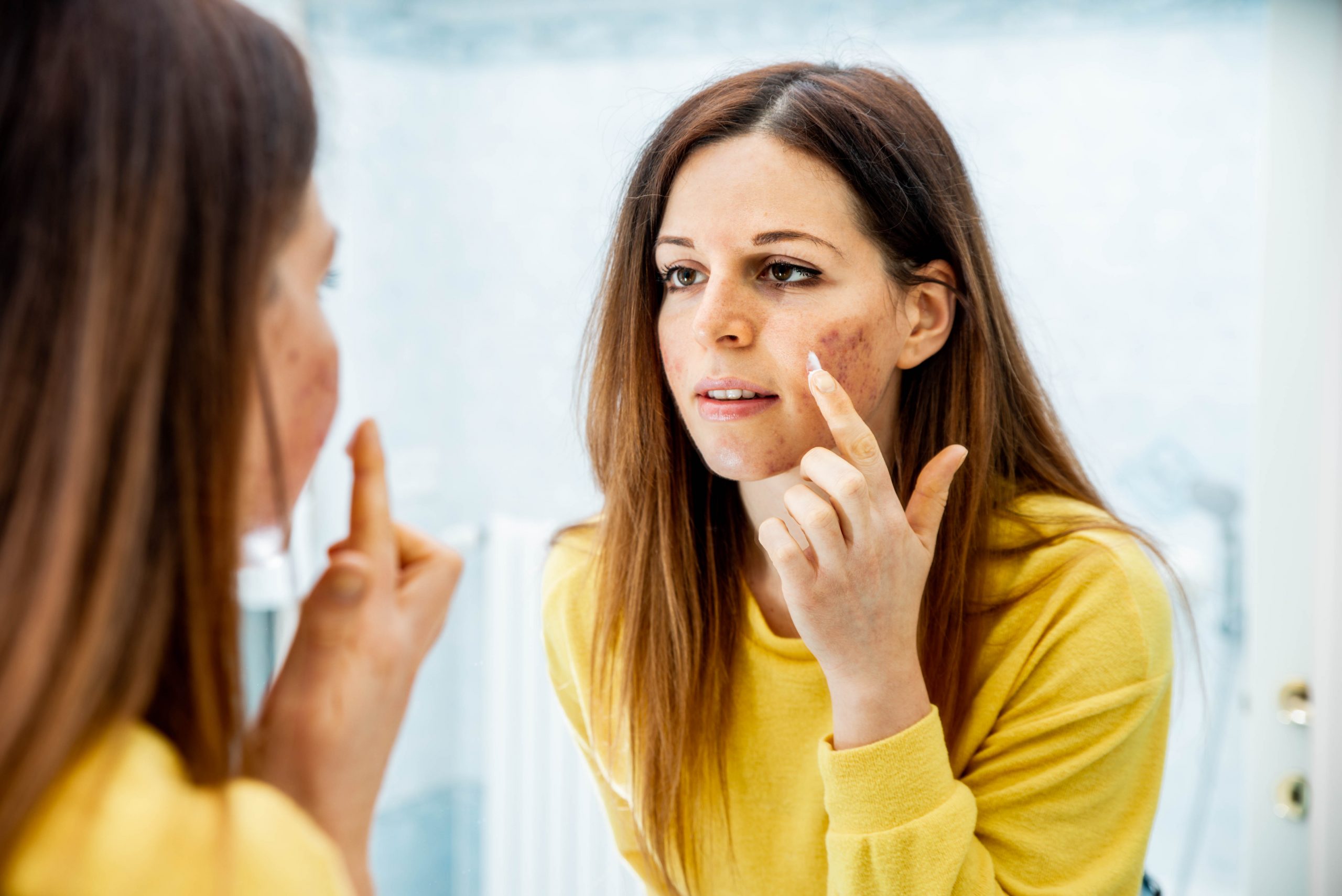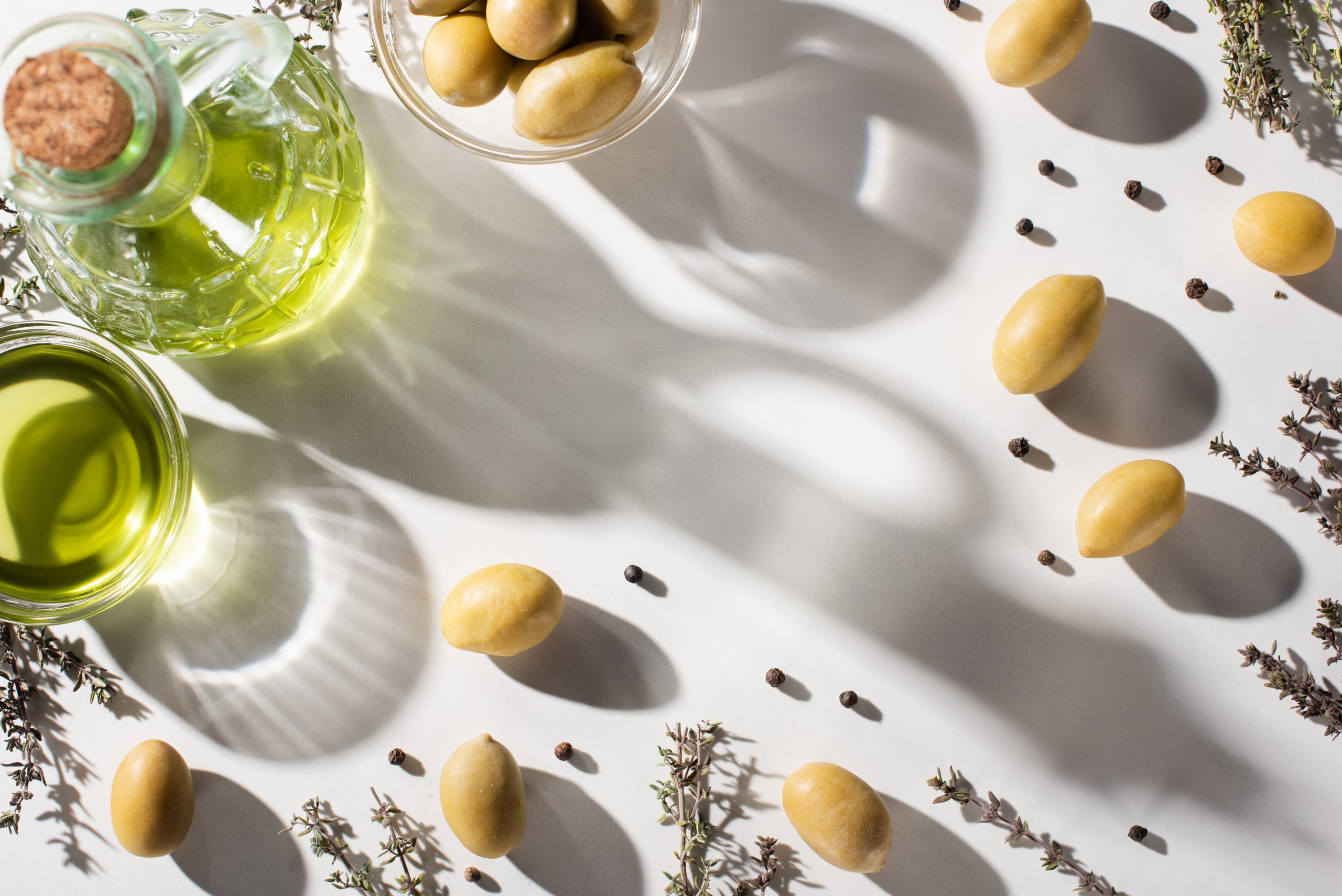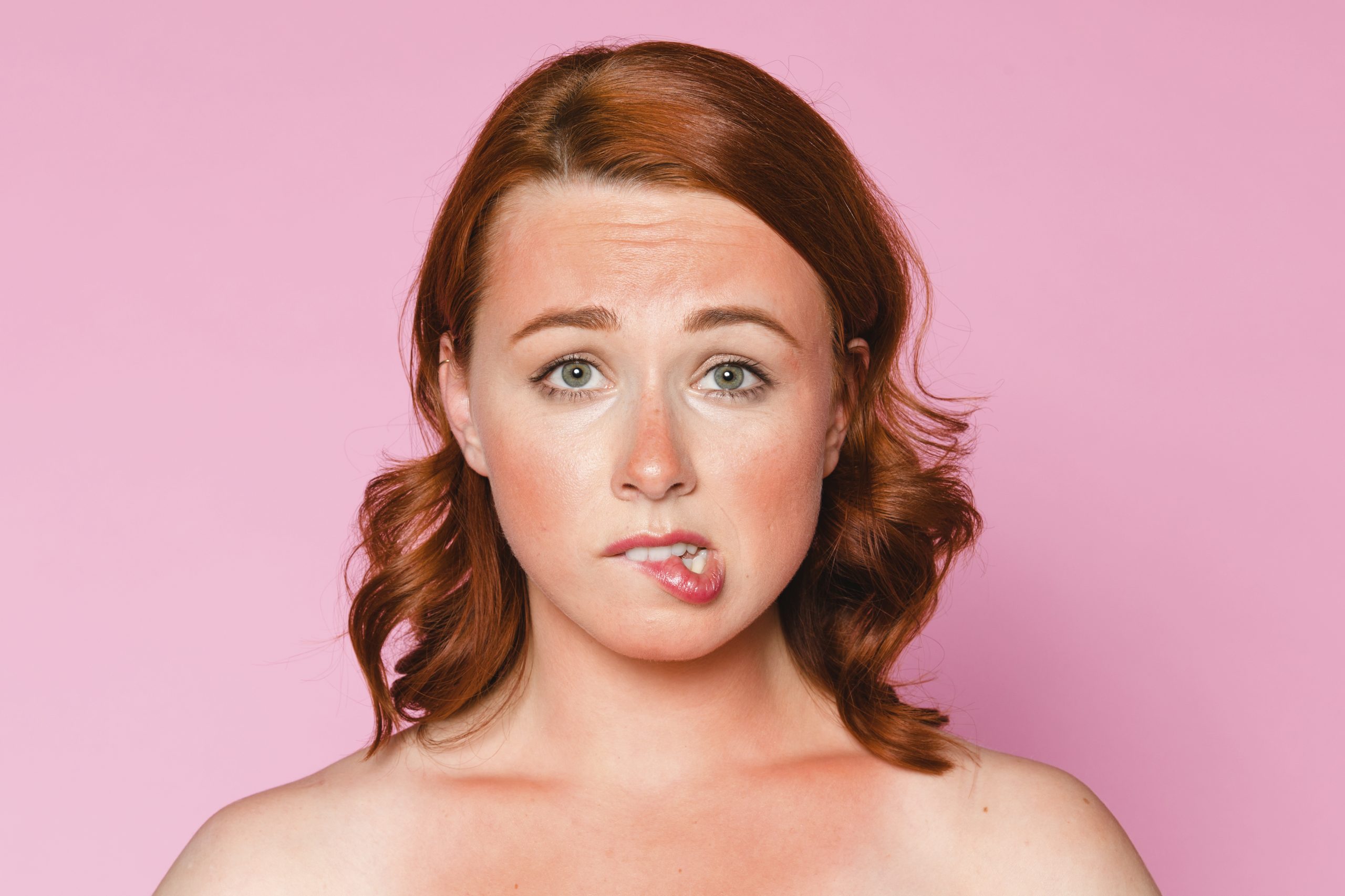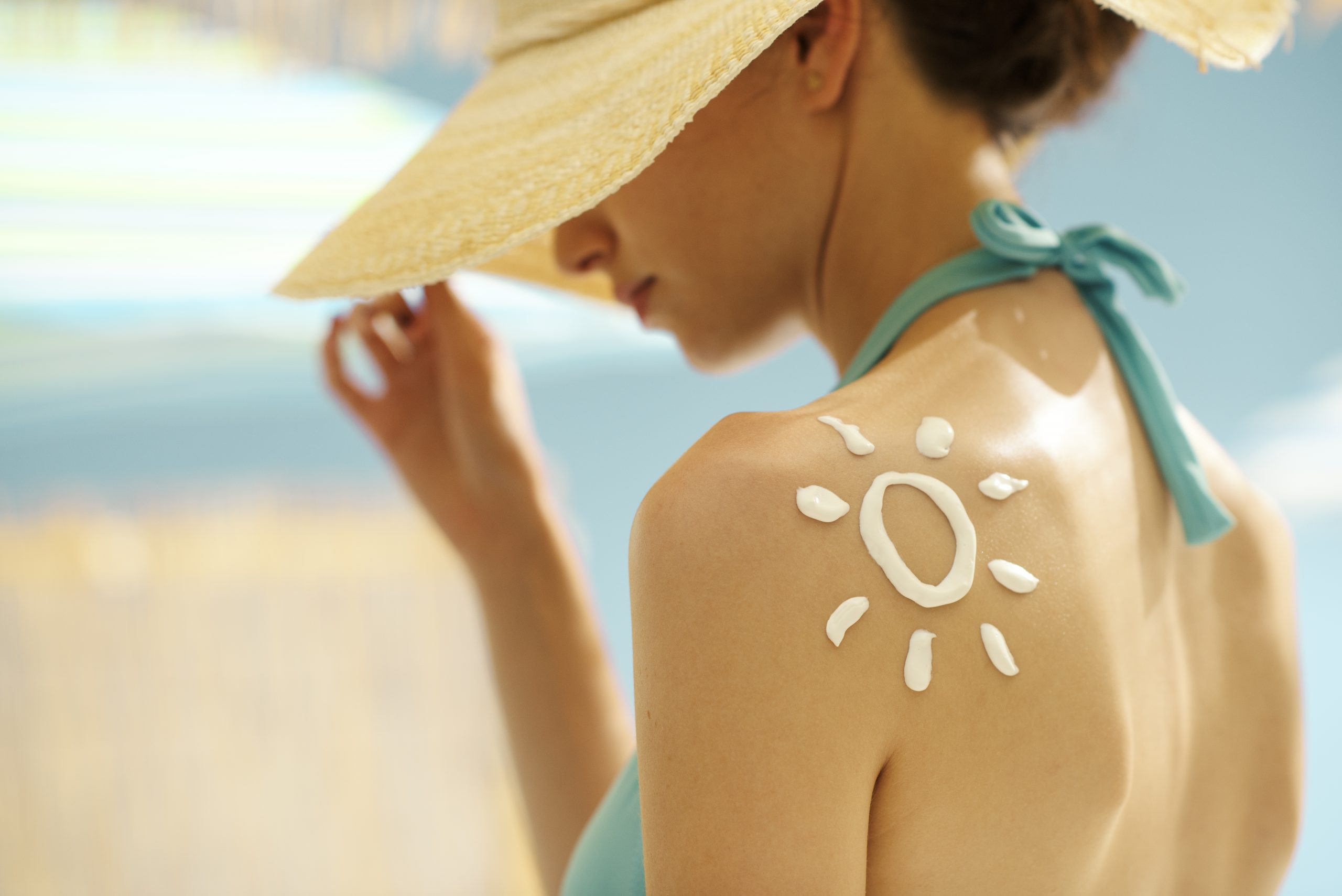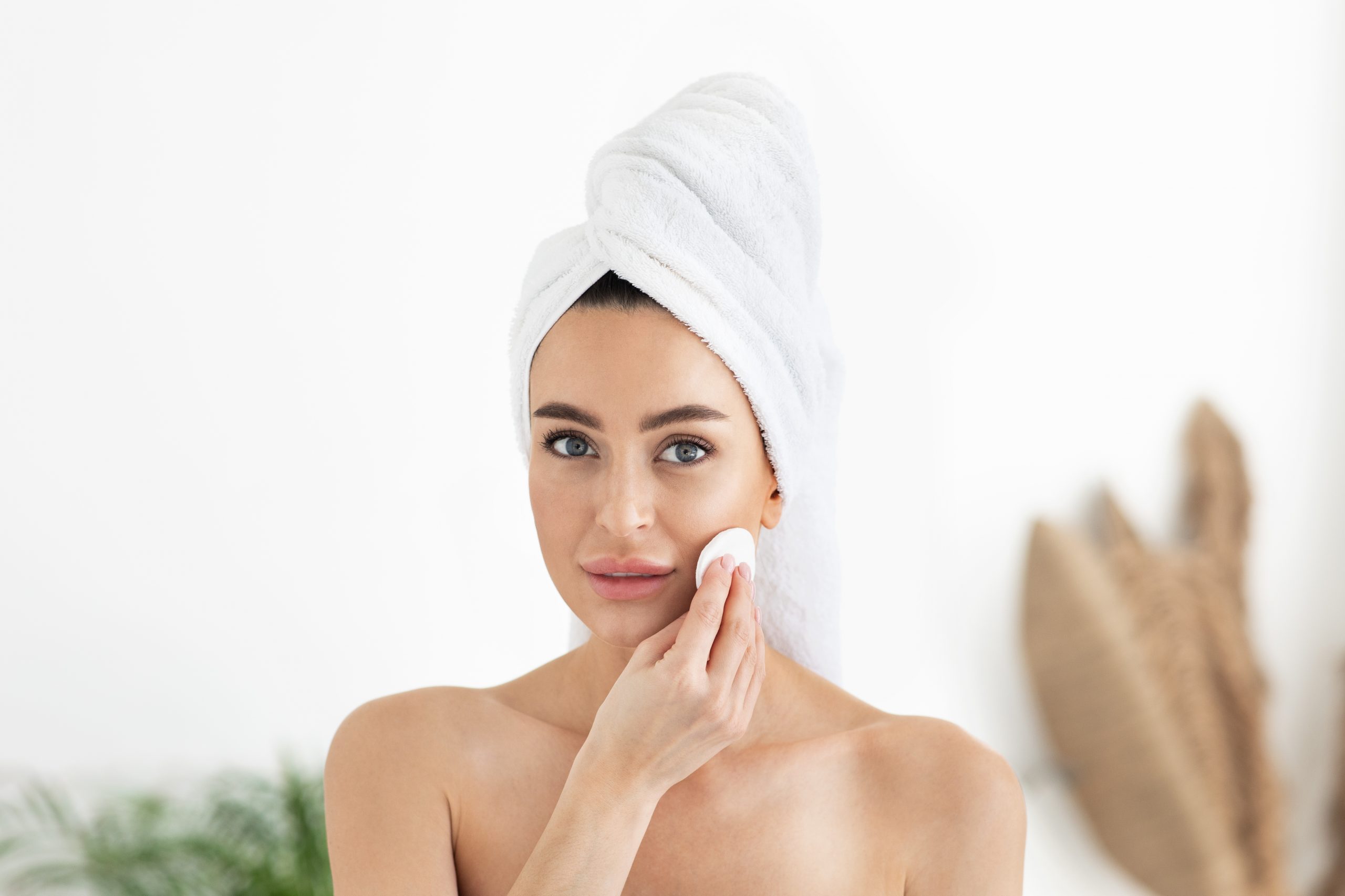Acne is a global concern, most of us face this skin problem in our teenage or adulthood. There are lots of products are available in the market that promises to restore your clear skin, but they don’t. However, there’s one ingredient on our list that will help you to get rid of acne “Retinol”. If you have been dealing with stubborn inflammation, breakouts, and scars for years, it will give you a great result.
Retinol is considered an anti-aging ingredient, enriched with vitamin A, it targets skin breakouts and acne-related concerns. our lifestyle is one of the most important factors to cause skin breakout and acne, apart from this, excess sebum production and an increase in production of keratinocytes (skin cells found on the surface of the skin) are also responsible for the acne breakouts. These keratinocytes adhere to our skin and clog our skin’s pores which ultimately lead to acne.
Retinol prevents keratinocytes to adhere to each other and making them looser and breaking up their plugs so that they can easily slough off the skin’s surface instead of clogging pores. Retinol is also enriched with comedolytic properties that make it an excellent acne treatment. It helps in unclogging the pores that cause blackheads, whiteheads, and red pimples.
Retinol also boosts cell turnover fights against fine lines and wrinkles and also prevents future breakouts and targets post-acne concerns. it also gently exfoliates your skin and removes dead skin cells and preventing them from clogging pores. Cell turnover also helps in reducing hyperpigmentation, scarring, and discoloration that appears on the skin after the breakouts.
How do we use Retinol to remove Acne?
When you are thinking of using Retinol to remove Acne, Regularity is the most important part. With this, you should also take some precautions like never using it in the daytime, sunlight can break it down, and night is the best time to use retinol.
In the initial period, you should only use it 2-3 times a week for one month, then gradually you should increase the retinol usage, this method allows the skin to acclimate to it and prevent excessive redness, peeling, or irritation.
Retinoid is a family of chemical compounds, that come in different forms like retinol, retinal, and retinyl palmitate. The main difference between them is their potency. All the retinol are not equal, it depends on concentration. Retinol concentration tells how faster it promotes skin cell turnover and loosens Keratinocytes.
Start with a medium-strength concentration to promote visible changes in a period. They are ideal for new users, sensitive skin, and those dealing with mild to moderate acne.
Can Retinol make Acne Scars Worse?
We all know the positive side of Retinol but sometimes it may worsen the situation for beginners because of its side effects and yes, Retinol can make Acne Scars worse. Especially when you are using it in the wrong way or without the guidance of skincare professional. It can cause your skin to break out into an inflammatory rash called retinoid dermatitis.
According to the skin experts, these types of side effects are part of treatment, it’s the initial phase of retinoid use, and it lasts up to 2 to 3 weeks. In the first weeks of retinol, usage must lose the keratinocyte plugs for clogging the pores.
Besides this, dryness is also one of the most common side effects that retinol users experience. To prevent the dryness exerts suggest keeping your skin moisturized. Make a retinol sandwich, wash your face, apply your regular moisturizer, then retinol, then moisturizer.
Which Retinol is best for Acne Scars?
Acne is common in both teenagers and adults, it causes because by hormonal changes, diet, genetics, medications, and our lifestyle. It can result in scarring, hyperpigmentation, and breakouts. Usually, scars fade over time, others may be permanent.
To remove these types of scars dermatologists recommend products that help in treating acne scars and lessen the damage caused by breakouts.
Types of Acne Scars
There are different types of acne scars, which are appeared as:
- Hyperpigmentation
- Depressed scars
- Raised Scars
If you have severe acne, the chances of leaving scars on your skin are very high after healing. Experts say that only tropical treatments help you in getting rid of this. Chemical peels and microneedling are also beneficial in diminishing acne scarring.
Why do acne Scars happen?
Scarring is the result of skin damage and excess sebum production, bacteria, and inflammation.
Inflammation is the result of overactive cells. Hyperpigmentation is not a permanent scar, but it can be uncomfortable for some people. It can also appear different, depending on your complexion. Hyperpigmentation is more common in darker skin tones while fair-skinned people have pink or red spots in areas where there used to be pimples. This post-inflammatory erythema heals on its own over several weeks without leaving a significant mark.
To avoid scars, don’t pick your pimples. It can lead to more injury to the skin, which can lead to a greater chance of a scar.
How do We choose the best retinol products to get rid of acne scars?
Before starting to use any retinol skincare products, you should consult with your dermatologists, they will suggest which products are best for your acne scarring. They recommend products as per your skin type, the efficacy of the products, and the types of acne. If you don’t have severe acne concerns, they can be treated at home with some simple home remedies or retinol-based skincare products.
Here is the list of Retinol-related skincare products that help you to get rid of acne scars, inflammation, and skin breakouts.
Best Retinol Products for Acne Scars
- The Ordinary Retinol 1% In Squalane – 30ml
This is a gentle and effective surface-level Retinol formula from The Ordinary that offers a milder retinoid option to your skincare routine.
It contains 1% of pure retinol and is free from water solution. It helps in reducing hyperpigmentation, acne scars, fine lines, and skin aging signs. It is formulated with the purified form of Squalane to avoid the irritation associated with its use.
Retinol has been used to fade acne scars, hyperpigmentation, fine lines, and signs of aging like uneven skin tone, dullness, and spots.
It is enriched with antioxidant properties, and Vitamin a boosts collagen production improves circulation, and speeds cell turnover to even out discoloration and smooth the skin’s surface.
Avoid using it on sensitive, peeling, or compromised skin.
· The Ordinary Retinol 0.5% In Squalane – 30ml
This is a kinder retinol skincare product that is formulated in a squalene solution. It contains 0.5% of pure Retinol that can reduce the appearance of acne scars, hyperpigmentation, fine lines, and general skin aging. The concentrated botanical Squalene delivers a more tolerable form of Retinoid that still offers better visible anti-aging results than non-prescription retinol products. Squalene is non-comedogenic and works as a skin hydrator that mimics the skin’s natural oil.
This high-strength, water-free formula is designed to minimize the look of fine lines and wrinkles, reduce the presence of aging sing and help to clear congested skin. It is enriched with natural emollient Squalene, which ensures smooth application and limits irritation associated with retinol at this strength.
Retinoids are also helpful in exfoliating the skin.
Pros of Using Retinol
- Reduce acne scars
- Works as anti-aging
- Reduces skin pigmentation
- Minimizes and clears skin’s pores
- Improves collagen and elastin production
- Improves the texture and overall appearance of skin
- Reduces oil production in the skin
Cons Of Using Retinol
- Increase sensitivity when you step out in the sun
- Feel mild dryness and irritation
- Redness on the skin
- Burning sensation
- Flaking or Peeling of the Skin
Things to know before using Retinol on your skin
- Moisturize your skin before applying your Retinol Serum or cream
- Start with a small quantity and gradually increase the quantity
- It may lead to dryness, so don’t directly apply it on your skin
- Apply in dotted form to make sure it spreads evenly
- Gently massage and pat your skin so that it absorbs the product
- Apply Sunscreen regularly when you start using retinol
- Use Retinol at night for the best result
- Side effects after using Retinol will go away in only a few days
